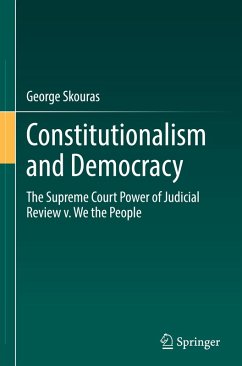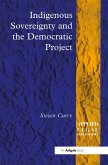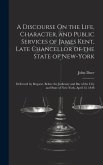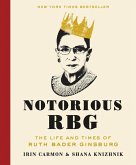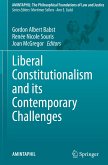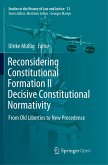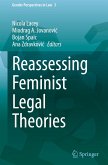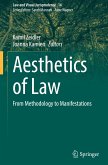This book explore the power of judicial review as held by the United States Supreme Court. The legal analysis fuses with an exploration of democratic theory, We the People, efforts in contesting this power. It also explores the class status of the American Constitution and the difficulties of amending it through its many protections against making major changes to its structure.
The book makes inquires as to whether the document should be preserved as interpreted by Originalists or can be subject to change as interpreted by Progressives---the "Living" Document theorists and the "Dead" Document opponents. It is argued that the power of judicial review must be withdrawn from the Supreme Court and the need for the modernization of the American political institutions.
The book's approach is to use an interdisciplinary methodology by which it weaves a linear and non-linear aspects of inquiry. The book will be of interested to a broad readership, including those working in the fields of (constitutional) law, legal history. political philosophy, political science and political theory.
The book makes inquires as to whether the document should be preserved as interpreted by Originalists or can be subject to change as interpreted by Progressives---the "Living" Document theorists and the "Dead" Document opponents. It is argued that the power of judicial review must be withdrawn from the Supreme Court and the need for the modernization of the American political institutions.
The book's approach is to use an interdisciplinary methodology by which it weaves a linear and non-linear aspects of inquiry. The book will be of interested to a broad readership, including those working in the fields of (constitutional) law, legal history. political philosophy, political science and political theory.

